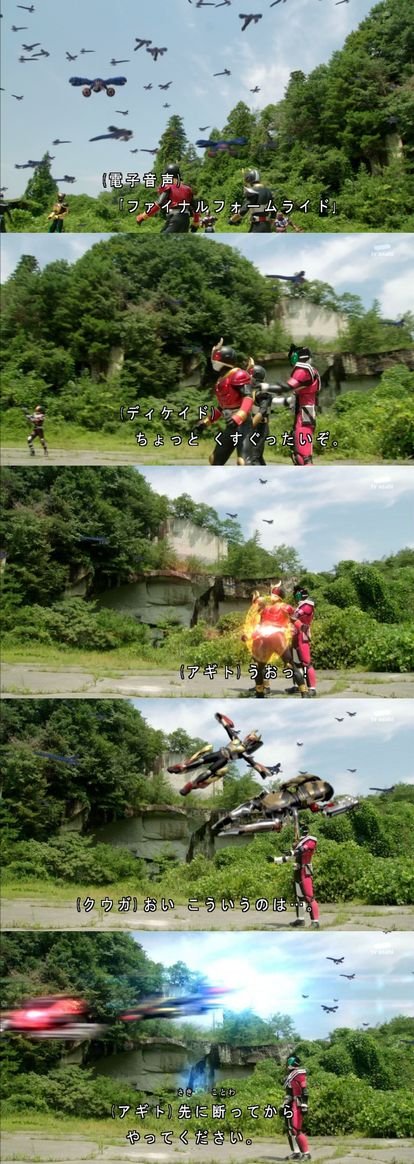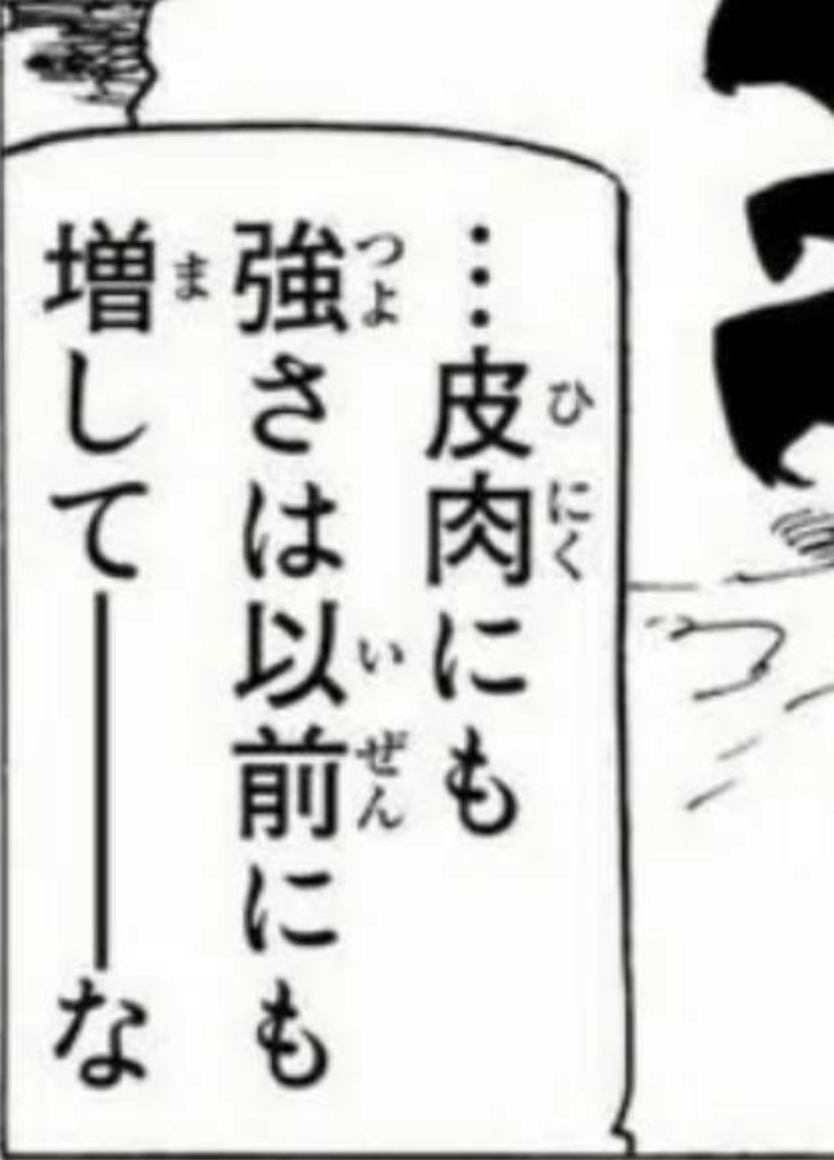First, I recommend you to practice the pronunciation first before you learn the use of them (like conjuctive/linking particles, auxiliary verbs, etc.)
Afterwards when you finally mastered them (Including katakana), you'll learn the structure of Japanese sentences and honorifics (Since in Japan, it's important to respect people who're older or high rank than you.)
For example: は will pronounced "Ha" if it sticked with words like "はな - hana - flower," "はりねずみ - harinezumi - hedgehog," and such. however it will pronounced "Wa" if it become a postposition like this "彼らは - Karera wa - They're," "それは - Sore wa - That's/It's," etc.






